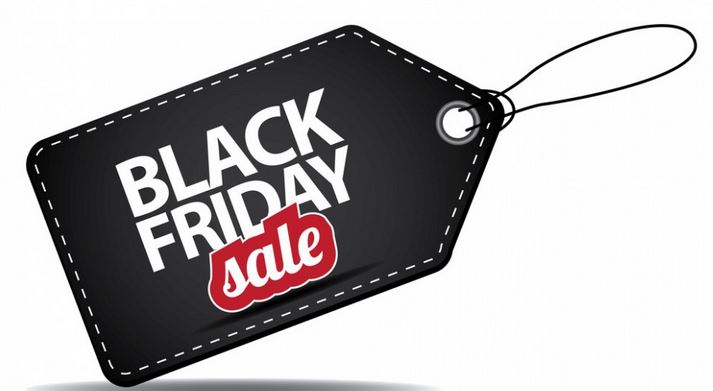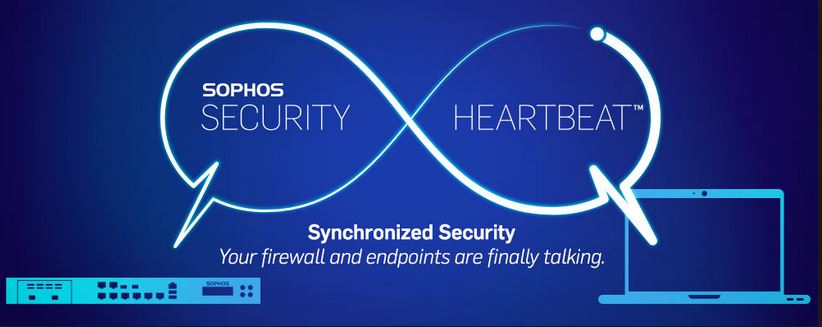 We all have friends. And one or two, if not most, of our friends enjoy alcohol. Now out of these friends, there are those who love to drunk dial us. Or worse still, drunk text us. A drunk text is an incoherent text from a drunk person that makes us judge our friends and then dismiss that judgement once we realize they are drunk. InMobi, the world’s largest mobile advertising company recently presented research done in July of 2012 around alcohol consumption and use of mobile phones while consuming alcohol. They have finally confirmed what we may have all along suspected: Kenyan consumers turn to their mobile phones when they’re drinking – and more than three-quarters of them are likely to post photos on social media sites like Facebook and Twitter while under the influence. Don’t we all know of those friends who put up pictures they always end up regretting the next day after some heavy partying? Yes, I am referring to them.
We all have friends. And one or two, if not most, of our friends enjoy alcohol. Now out of these friends, there are those who love to drunk dial us. Or worse still, drunk text us. A drunk text is an incoherent text from a drunk person that makes us judge our friends and then dismiss that judgement once we realize they are drunk. InMobi, the world’s largest mobile advertising company recently presented research done in July of 2012 around alcohol consumption and use of mobile phones while consuming alcohol. They have finally confirmed what we may have all along suspected: Kenyan consumers turn to their mobile phones when they’re drinking – and more than three-quarters of them are likely to post photos on social media sites like Facebook and Twitter while under the influence. Don’t we all know of those friends who put up pictures they always end up regretting the next day after some heavy partying? Yes, I am referring to them.
The study, commissioned by InMobi through Decision Fuel, surveyed 750 people over the legal drinking age of 18. What they found is that a staggering 78% confessed that their social media activity increased while drinking while 79% will freely chat, SMS and send emails while drinking. These people also un-intelligenty may send emails to their line managers at work or bosses if employed or suppliers if they are in business. Such a bad idea!
InMobi’s MD and VP for Africa, Isis Nyong’o, said they commissioned the survey to understand to understand drinkers’ preferences and mobile engagement level to assist brands in developing mobile marketing campaigns – and it revealed some interesting insights into the habits of the average Kenyan drinker. In all, 51% of respondents drink weekly, but only 7% admit to drinking daily although this number could be significantly higher.
Why do Kenyans drink? The key drivers seem to be to:
- Celebrate special occasions – (55%)
- Due to distress or to relax – (38%)
- Bond with family and friends – (37%)
Where Kenyans drink is largely determined by their gender. 67% of men drink at bars, as opposed to only 45% for women who join the men to drink in these bars. This means that men prefer going to bars more than women do. Women you are far more likely to find at a nightclub (58%) or at home, or at a friend’s home (49%).
 As far as drink of choice goes, personal preference remains key. Nearly three out of every four alcohol consumers (just about 74%) stick to their favourite drink, and 52% remain loyal to their favourite drink brand. Only 10% of consumers are willing to try new beverages regularly.
As far as drink of choice goes, personal preference remains key. Nearly three out of every four alcohol consumers (just about 74%) stick to their favourite drink, and 52% remain loyal to their favourite drink brand. Only 10% of consumers are willing to try new beverages regularly.
“For us, though, the most interesting thing to come out of this survey is that for most consumers, mobile is a better medium than TV or online for alcohol ads,” said Nyong’o. “But you still need to grab their attention. Kenyans love funny content, giveaways, discounts and even invitations to VIP events!” The study suggests that tools like mobile coupons have a compelling ability to influence consumer behaviour. 40% of respondents say a coupon would influence their choice of store where they purchase alcohol, and for 53%, it would even influence their choice of drink or brand.
The survey also has some interesting insights for brand and loyalty managers. 45% of respondents prefer to interact with their loyalty programmes via SMS, over 22% for a loyalty card – and only 10% via a website.
“The Kenyan consumer market is ripe for rich media and mobile advertising,” said Nyong’o. “People have their mobiles with them all the time – and brands are beginning to take advantage of this great opportunity to develop hard-hitting messages that have direct effects on consumer behaviour.”




